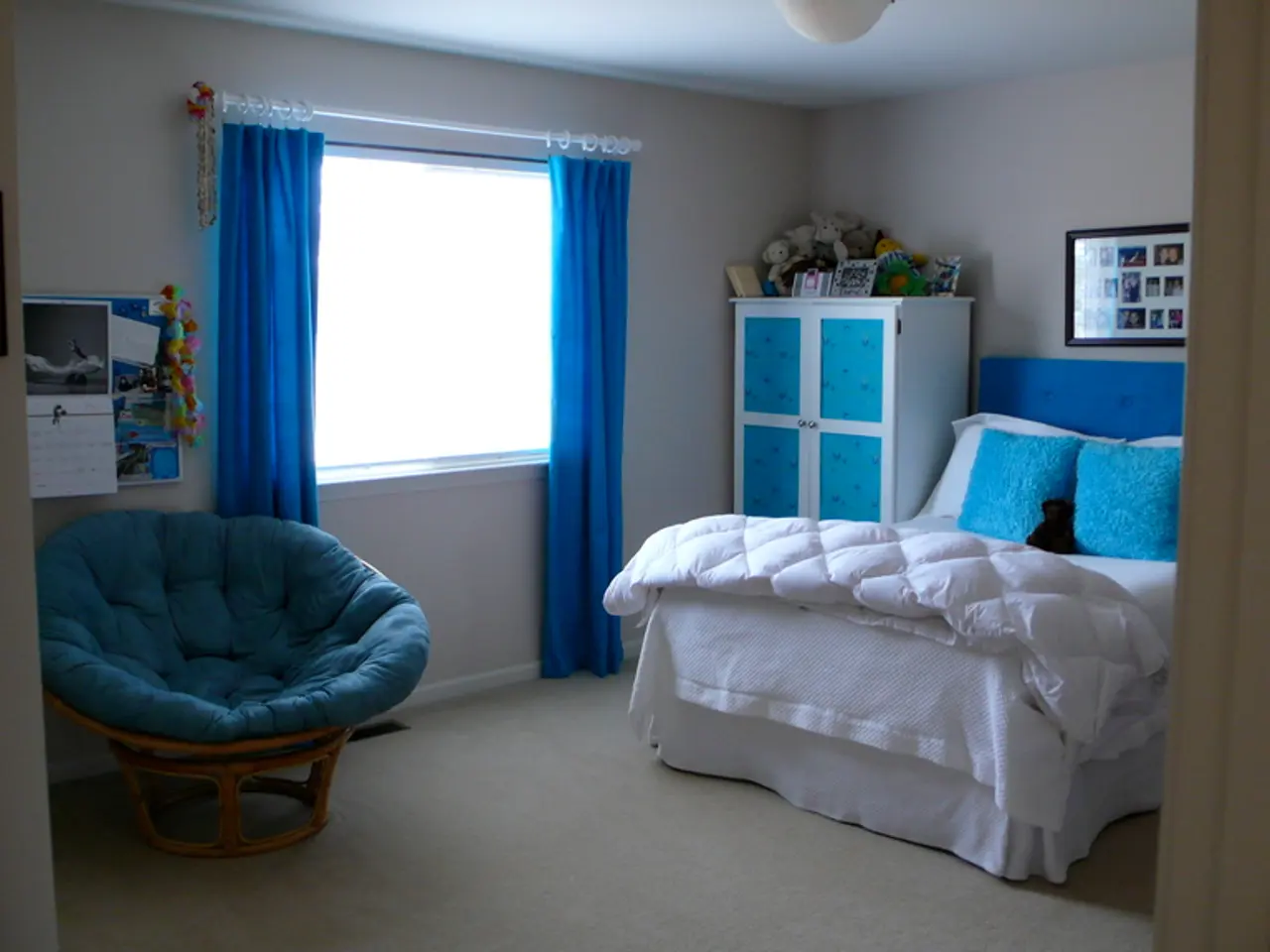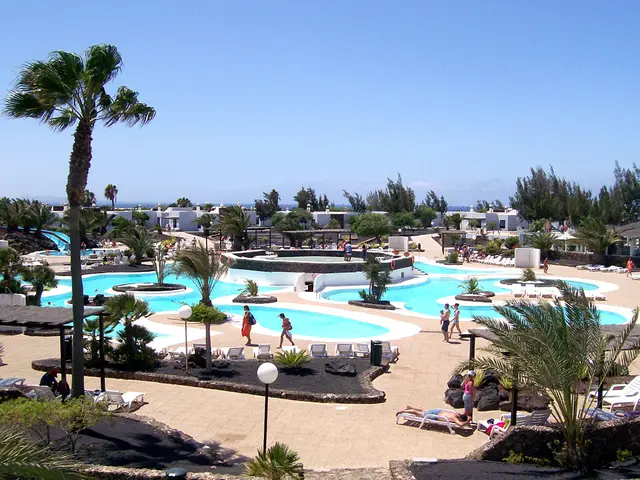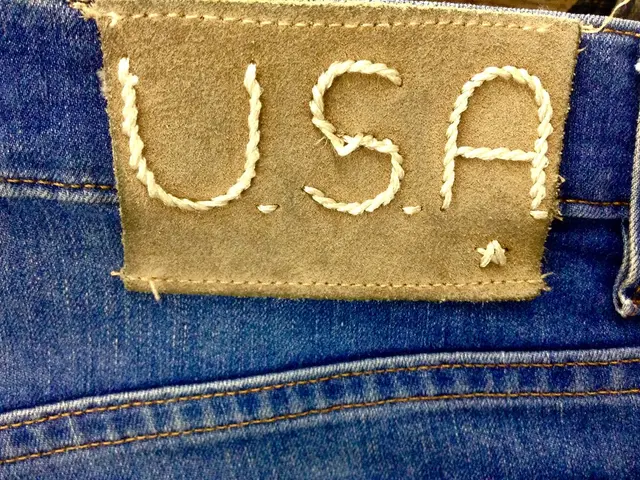Adjusting Strategies for an Aging Population: KfW's 159th Programme
The KfW Bank, a German development bank, offers two programs to support home renovations aimed at improving accessibility and living comfort for seniors and those with physical impairments. These programs are the KfW 455 investment grant and the KfW 159 program, also known as "Altersgerecht Umbauen" (Aging-Appropriate Renovation).
The KfW 455 investment grant, reactivated in October 2014, provides up to 6,250 € per housing unit for eligible measures. However, it's essential to note that this grant is subject to the availability of funds in the funding pot. The KfW 455 does not apply to holiday homes and apartments, commercial spaces, and care and senior living facilities.
The KfW 159 program, on the other hand, offers a maximum loan amount of 50,000 € per residential unit. This program supports various renovation measures, including renovations to paths, apartment entrances, barrier-free living, room restructuring, bathroom renovations, help systems, common room renovations, achieving the "Altersgerechtes Haus" (Age-Appropriate House) standard, consultation, and implementation by a specialized company.
Interested parties are advised to schedule a consultation with an expert before starting the project or purchasing a barrier-free modernized property. This is to ensure that the renovation measures conform to KfW technical standards for accessibility and to understand the eligibility criteria, loan terms, and conditions.
The eligibility criteria for the KfW 159 program include the loan being available to homeowners or tenants, including private individuals, landlords, and condominiums. Properties must be located in Germany, and the renovation should aim at barrier-free living or age-appropriate modifications to improve accessibility and safety. The applicant must demonstrate that the renovation measures conform to KfW technical standards for accessibility. The loan can also cover related planning and consulting costs.
The loan terms for the KfW program 159 range from 4 years to 30 years, with a repayment period of up to 10 years with a grace period (typically up to 12 months). The interest rate is typically favorable and subsidized by KfW to promote such renovations, although it varies over time and economic conditions, often in the low single-digit percentage. Loans can be combined with investment grants if supported by other programs.
It's worth noting that the KfW program 159 charges a 0.15% monthly readiness provision for the uncalled credit amount after 12 months. Preparatory work, follow-up measures, and work to restore property are also included in the program. The renovation of heated non-residential floors to barrier-free residential floors is eligible for funding.
Lastly, the KfW loan can be utilized when purchasing residential property that has been barrier-free modernized within the last 12 months, as long as it is explicitly stated in the purchase contract.
For the most accurate and latest information, it's recommended to consult the official KfW website or contact certified KfW advisors in Germany directly.
- Other examples of renovation measures supported by the KfW 159 program include modifications for health-and-wellness, such as implementing help systems and achieving the "Altersgerechtes Haus" (Age-Appropriate House) standard.
- For lifestyle improvements, the KfW programs offer support in converting non-residential floors to barrier-free residential floors, which falls under the home-and-garden category.
- To maintain a healthy and active aging process, fitness-and-exercise enthusiasts may consider applying for the KfW loan to renovate their homes with features like ramps, elevators, or specialized equipment for mobility assistance.




